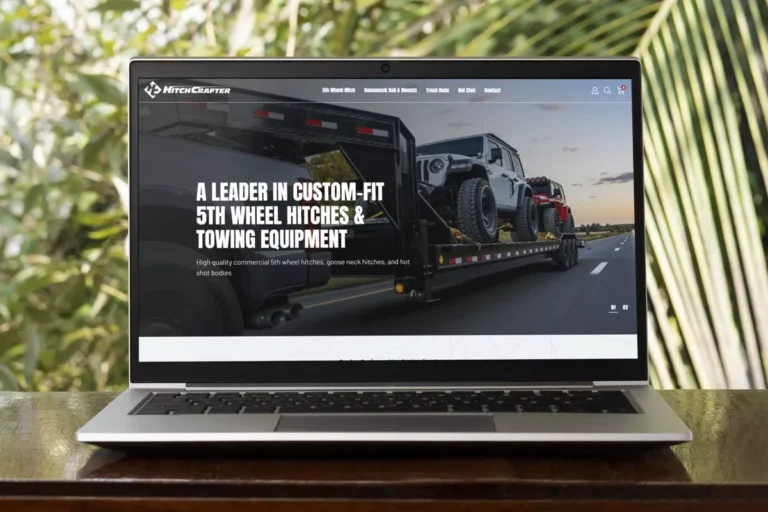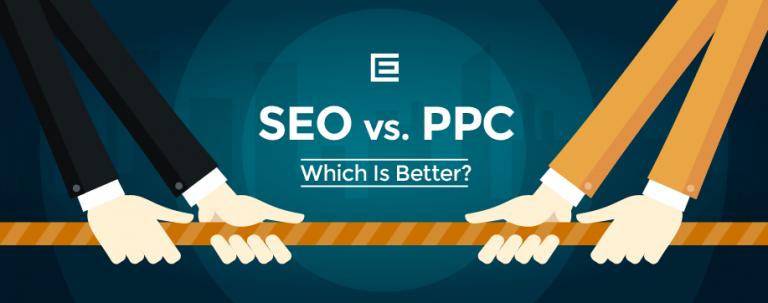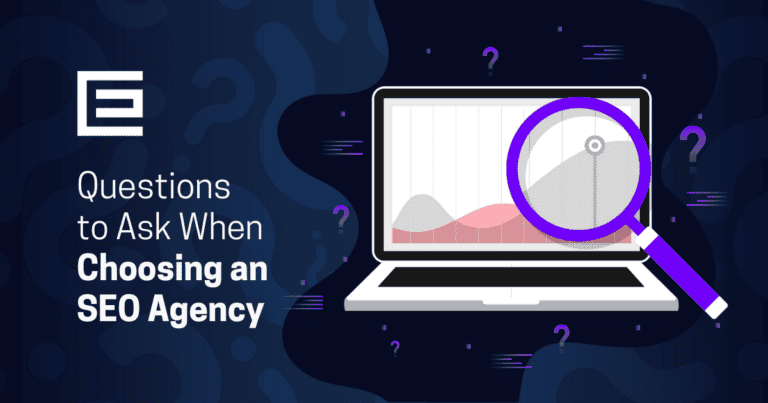Link building, whether internal or external, is essential in today’s competitive internet market. Links provide you with a leg up on your competition by encouraging search engine results position and increasing visitors to your website.
An SEO professional will tell you that link building is an operation that should be sustained gradually and utilized any time you make modifications to your site. To get your new website
to rank high in the search engines as quickly as possible, you’ll need a plan.
The following are ten ideas for setting up your linking structure and create links both on and off your homepage.
1. Think about the people or companies that might be linking to you.
It reflects better on you and your site if other sites with high PR, associated with quality products etc, are seen by visitors and of course the search engines like Google as linking to your site. Reputation matters and this helps as it regards to marketing your service or products.
Think about ways you can encourage these and other high quality .coms and businesses to create links to you.
2. Conversely, think about who you are going to link to.
The same rules apply. Creating links to the same quality sites will reflect well on you as well. Try to keep a balance of incoming and outgoing links and make sure to stay relevant and current in your niche with valuable content.
3. Fix Broken Links
You should always be performing regular routine maintenance on your website and part of that is checking your links on your site to make sure they still work. If not, remove them immediately. To check the working condition of your links, you can physically click on each one or you can utilize site checking tools like SEOmoz or others which will scan your website for broken links for you.
4. Be Relevant… ALWAYS!
All links should have clear relevance to your niche or industry. Search engines and your visitors pay attention to whether or not your links are relevant. If not, it can be detrimental to your overall ranking.
5. Take a look at your internal links
Make it easy for your visitors to navigate your site and link content to relevant pages with similar content on your site. Get advice from a professional SEO as to how to improve your internal linking to maximize search ranking.
6. Have a Good Site Map
Related to the previous tip, a site map is a good way to add internal links and help visitors navigate your website. It also helps search engine spiders crawl your site and index pages, which in turn improves ranking.
7. Anchor Text in Link Building
Strategic use of your keywords in your anchor text is important in improving rank for those keywords. Be judicious though – over-stuffing keywords can have the opposite results you’re looking for and cause negative indexing. Using keywords in anchor text a couple times is plenty to help bolster your rank for those keywords. If you think you’ve used it too many times, you probably need to go back and delete some.
8. Don’t Cloak Your Links
This is a black-hat technique that more sophisticated search engines are recognizing and penalizing. It also ticks people off when they follow a link about a topic they’re interested in only to find they’ve been deceived and were led to an irrelevant page. This WILL come back to bite you!
9. Study Your Competitor’s Link Strategy
It’s ok… it’s not illegal and can help give you an edge by helping you pick your linking strategically: knowledge is power. Simply search for some tools for seeing your competition’s linking activities.
10. Have Your Own Strategy
Have a professional SEO help you at this point. Have a plan laid out for your on-page and off-page link building and then stick to it. If you consistently build 20 links a week for a year you’ll have over a thousand links and will beat out most of your competition on page one.




